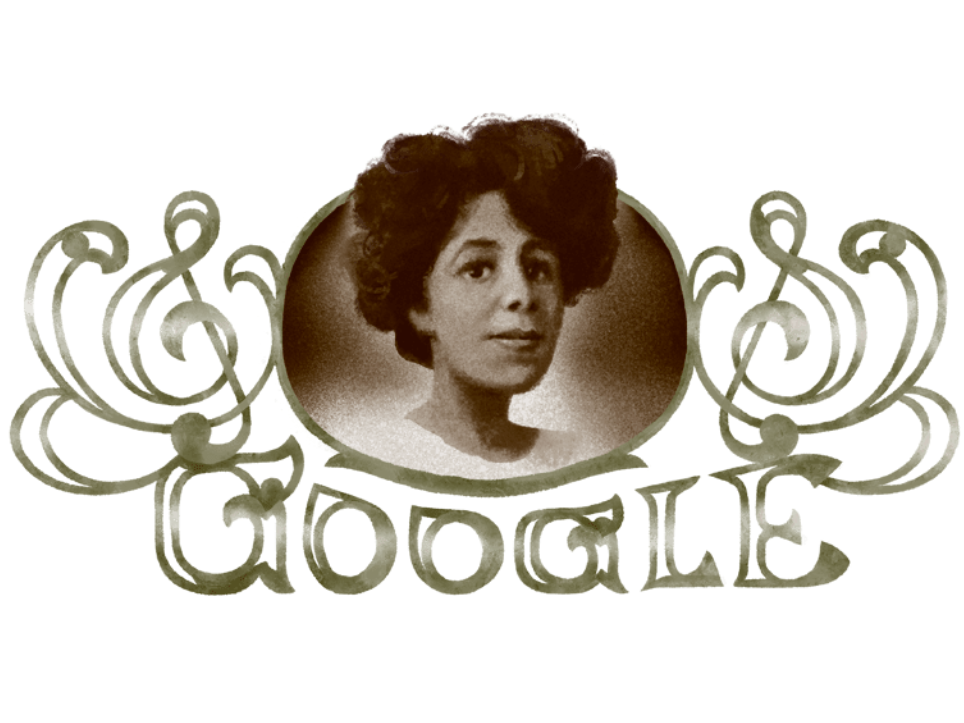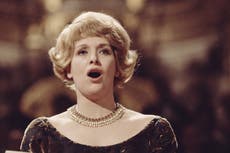Amanda Aldridge: Remembering the pioneering British opera singer and composer in Friday’s Google Doodle
Londoner whose own performing career was cut short by laryngitis reinvented herself as prolific author of romantic ‘parlour music’

Musician Amanda Aldridge has been honoured by Google Doodle.
On Friday (17 June), the search engine marked the 111th anniversary of a celebrated recital given by the classically-trained British singer and composer at the Queen’s Small Hall in London.
Amanda was born in 1866 in Upper Norwood, London, into a theatrical family. Her father was the legendary African-American stage actor Ira Aldridge, while her mother was the Swedish opera singer Amanda Brandt.
One of five children born to the couple, Amanda hoped to follow in her mother’s footsteps. After boarding at a specialist convent school in Ghent, Belgium, she studied voice under the world famous soprano Jenny Lind, popularly known as the “Swedish nightingale”, and George Henschel at the Royal College of Music.
Having completed her studies, she became a concert singer and piano accompanist in her own right. However, a cruel bout of laryngitis permanently damaged her throat and prematurely curtailed her performing career.
Undeterred, Amanda reinvented herself as a voice coach at the Royal Conservatory of Music, training some of the great Black singers of the early 20th century, including Paul Robeson, Marian Anderson and Roland Hayes. When Robeson played Othello in the West End in 1930, she gave him the same earrings her father had worn to play the part, which had become a family heirloom.
She also developed a fruitful sideline in songwriting, composing an estimated 30 love themes and light orchestral works between 1907 and 1925 under the pseudonym “Montague Ring”. Much of the music was classified as “parlour music” to be played at home by amateurs before record players became commonplace.
Some of her compositions, notably the 1913 piano piece “Three African Dances”, honoured her family’s ancestral heritage.
When her older sibling Luranah – also a talented opera singer – was diagnosed with rheumatism, Amanda became her carer.

So devoted to Luranah was Amanda that she declined an invitation from WEB Dubois to attend a meeting of the historic second Pan-African Congress in 1921, writing: “My sister is very helpless… I cannot leave for more than a few minutes at a time.”
Amazingly, for a woman born at the height of the Victorian age, Amanda Aldridge not only lived to see the arrival of television but to appear on it, which she did at the age of 88 in 1954 when she guested on the BBC broadcast Music for You.
She died in London on 9 March 1956, a day before her 90th birthday.
Join our commenting forum
Join thought-provoking conversations, follow other Independent readers and see their replies
Comments


Bookmark popover
Removed from bookmarks